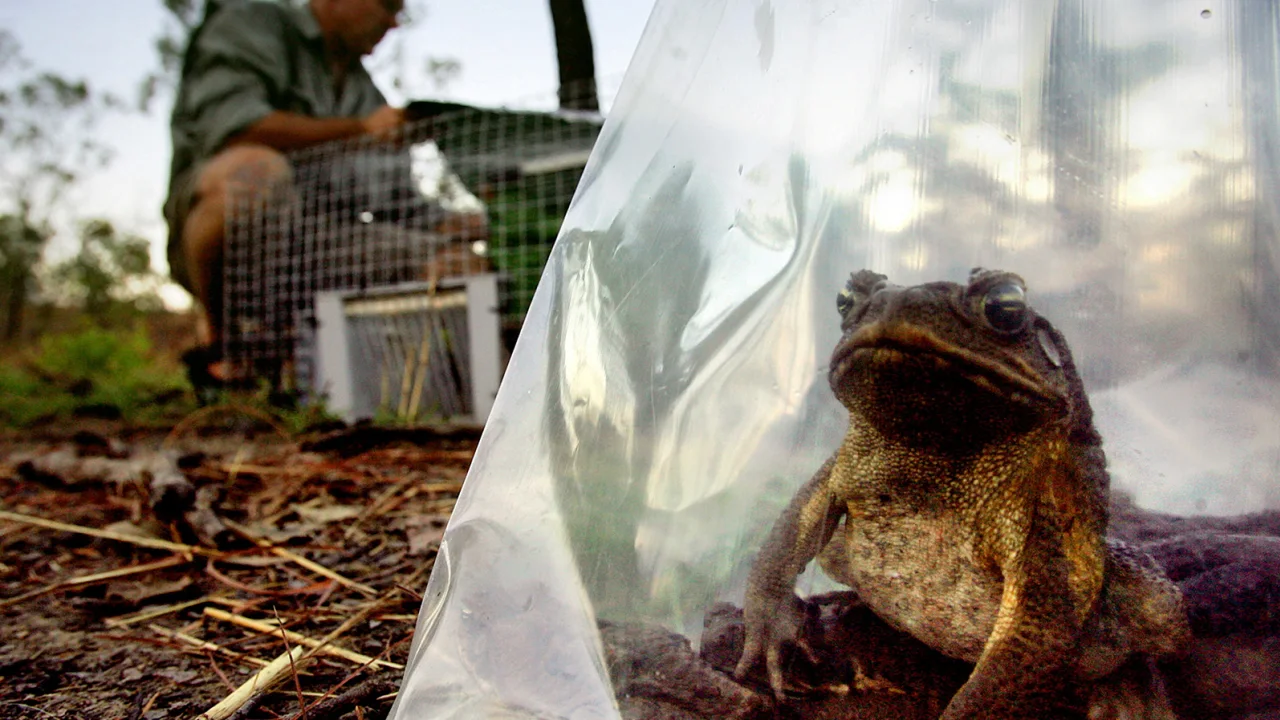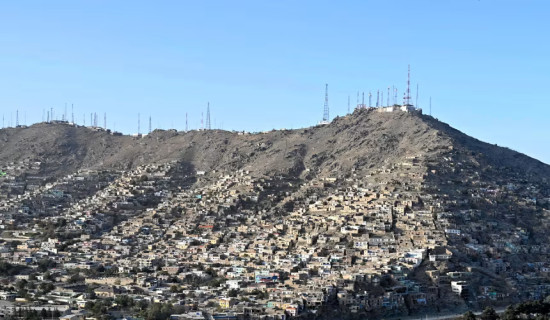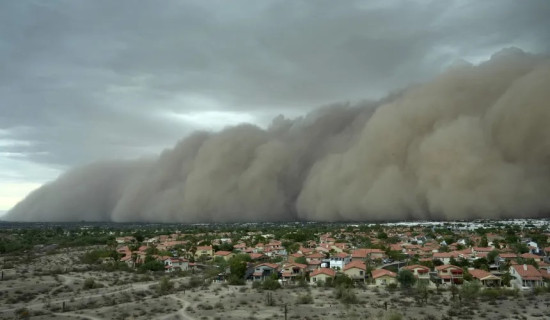- Thursday, 29 January 2026
Invasive species cost world $423 billion every year, UN report finds
By Helen Regan, Sept 5: Invasive species cost the world at least $423 billion every year as they drive plant and animal extinctions, threaten food security and exacerbate environmental catastrophes across the globe, a major new United Nations-backed report has found.
Human activity – often through travel or global trade – is spreading these animals, plants and other organisms in new regions at an “unprecedented rate,” with 200 new alien species being recorded every year, leading scientists said.
Of 37,000 alien species known to have been introduced around the world, 3,500 are considered harmful and pose a “severe global threat” by destroying crops, wiping out native species, polluting waterways, spreading disease and laying the groundwork for devastating natural disasters.
The global economic cost is tremendous, scientists say, having at least quadrupled every decade since 1970.
That figure is “a huge, huge underestimate… it’s the tip of the iceberg,” said ecologist Helen Roy, co-author of the UN Intergovernmental Platform on Biodiversity and Ecosystem Services (IPBES) report.
Without intervention to prevent their spread and impact, the total number of invasive species globally will be one-third higher in 2050 than it was in 2005, the scientists say.
“We know that things aren’t remaining unchanged. We know climate change is worsening, we know that land and sea-use change is worsening and therefore we anticipate that the threat posed by invasive alien species will also worsen,” Roy said.

An invasive cane toad sits inside a plastic bag after being removed from a trap at a billabong south of Darwin, Australia on May 11, 2005. David Gray/Reuters/File
‘Global roots but very local impacts’
Alien species are plants, animals or other organisms that have been moved through human activities to a new region or area.
An alien species becomes invasive when it establishes itself in that new area and creates a negative impact on the local biodiversity and ecosystems, including on people’s way of life.
Numerous examples include water hyacinths clogging up lakes and rivers in Africa, lion fish impacting local fisheries in the Caribbean and the Giant African land snail taking over villages on Christmas Island in the Indian Ocean.
Meanwhile, brown tree snakes have eliminated entire bird populations on the Pacific island of Guam and the rapidly spreading zebra mussel has colonized the Great Lakes of North America.
Elsewhere, mosquitoes are spreading diseases like dengue, Zika, malaria and West Nile Virus to new regions.
“We shouldn’t overlook the magnitude of the impact of some alien invasive species,” said Peter Stoett, co-author of the report and dean of the faculty of social sciences and humanities at Ontario Tech University.
The spread of invasive species across countries and continents is a major driver of biodiversity loss – deteriorating the complex web of ecosystems “upon which humanity depends,” according to the report, which linked invasive species to 60% of recorded global extinctions.
Once an invasive species takes hold, the impacts can be disastrous.
The dried-out non-native grasses and shrubs in Hawaii helped fuel last month’s devastating Maui wildfire, one of the deadliest in modern US history.
“It would be an extremely costly mistake to regard biological invasions only as someone else’s problem,” said Anibal Pauchard, co-author of the report and professor at Chile’s Institute of Ecology and Biodiversity.
“Although the specific species that inflict damages vary from place to place, these are risks and challenges with global roots but very local impacts, facing people in every country, from all backgrounds and in every community – even Antarctica is being affected.”
‘Prevention, prevention, prevention’
Along with invasive species, other key drivers of biodiversity loss include the destruction of land and sea habitats, exploitation of organisms, climate change and pollution.
The climate crisis will only amplify the threat of invasive species, becoming a major cause of these species spreading and establishing themselves in new regions, the report said.
As well as flammable invasive plants sparking and spreading wildfires, climate change is enabling invasive species to move north – even to remote areas such as high mountains, deserts and frozen tundra.
But there is hope. Scientists are optimistic that humanity can stop the march of invasive species. What’s needed first and foremost is: “prevention, prevention, prevention, especially when it comes to marine systems,” Stoett said.
Preventing the arrival of new species into new regions is the best way to manage threats from invasive species, according to the report. This includes strict import controls and early warning systems to detect and respond to species before they are able to be established.
For invasive species that have already taken hold, eradication has been a useful tool, especially on islands, according to the report.
“One of the most important messages from the report is that ambitious progress in tackling invasive alien species is achievable,” Stoett said.
“What is needed is a context-specific integrated approach, across and within countries and the various sectors involved in providing biosecurity, including trade and transportation; human and plant health; economic development and more. This will have far-reaching benefits for nature and people.”
Last year, governments around the world agreed to the Kunming-Montreal Global Biodiversity Framework to reduce the introduction and establishment of invasive alien species by at least 50% by 2030.
The scientists hope their findings – developed over four years by a team of 86 experts – will contribute to achieving these international targets.
“Governments around the world really need this assessment to get action going to reduce this tremendous threat to biodiversity and people,” Pauchard said.

.jpg)














